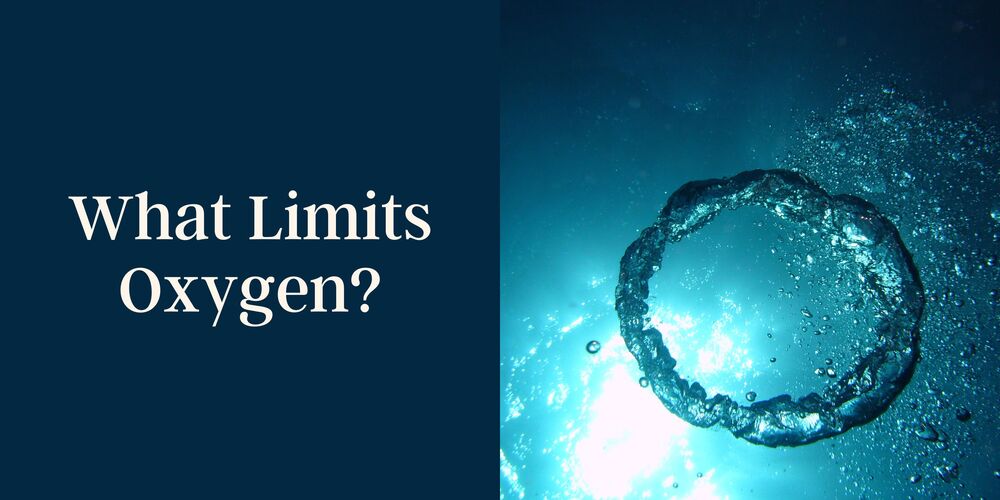Oxygen: What Limits Our Oxygen?
Ever wondered what hinders your oxygen intake? This article explores the factors and offers solutions for improving your oxygen intake.
Air Pollution
Sitting in enclosed spaces such as motor vehicles and office buildings where the windows will not open. Many man-made products give off noxious gases and fumes. Synthetic materials such as carpets and upholstery, heavy metals, cleaning agents, solvents, glues, and pesticides are but a few.
Stress
Stress causes muscles to tighten and breathing to become shallow and or internally uncoordinated. People stop breathing for a while without realizing it. Constricted muscles and blood vessels reduce the capacity for oxygen to circulate in the body and nourish it.
Posture
Good posture is absolutely necessary for optimal breathing
Ergonomics
What we sit in and sleep on either helps or hinders our oxygen intake.
Poor Diet
Diets that contain plenty of raw vegetables and fruits, which are high in both water and hydrogen peroxide oxygen content. They are also naturally alkaline, which helps maintain optimal cellular function. Unfortunately, the standard diet in America is highly acidic and full of both additives and preservatives, which reduces the stores of oxygen in the body.
Lack of Breathing and Movement
Unless we do some form of movement, not necessarily what you might think of as "exercise", our lungs deteriorate between 10-25% per decade, inviting inadequate levels of oxygen.
Smoking
Cigarette smoke is particularly lethal. Smoked or inhaled secondhand, cigarette smoke decreases the hemoglobin in the blood, and as a result, the blood cannot carry as much oxygen to the cells. It also paralyzes the cilia, tiny “hairs'' that sweep the lungs of any debris. This, in turn, causes the lungs to produce mucus that covers the cilia, preventing them from doing their job.
Diseases
Diseases of the lung and circulatory systems can greatly reduce the oxygen the body receives. These include sinusitis, emphysema, bronchitis, asthma, pneumonia, tuberculosis, COPD, hardening of the arteries, and anemia.
Aging
Aging can cause the various systems of the body to be less efficient. At the cellular level, cells simply become weaker from their exposure to toxins and pollutants. The cell’s ability to utilize oxygen is reduced. Through tension and lack of movement, the lungs can lose their elasticity, and the lung capacity diminishes.
On average, the amount of oxygen one can take in during vigorous exercise declines by 1% a year beginning at age thirty. This is often caused by not offsetting the tensions and constrictions of the exercise itself.




